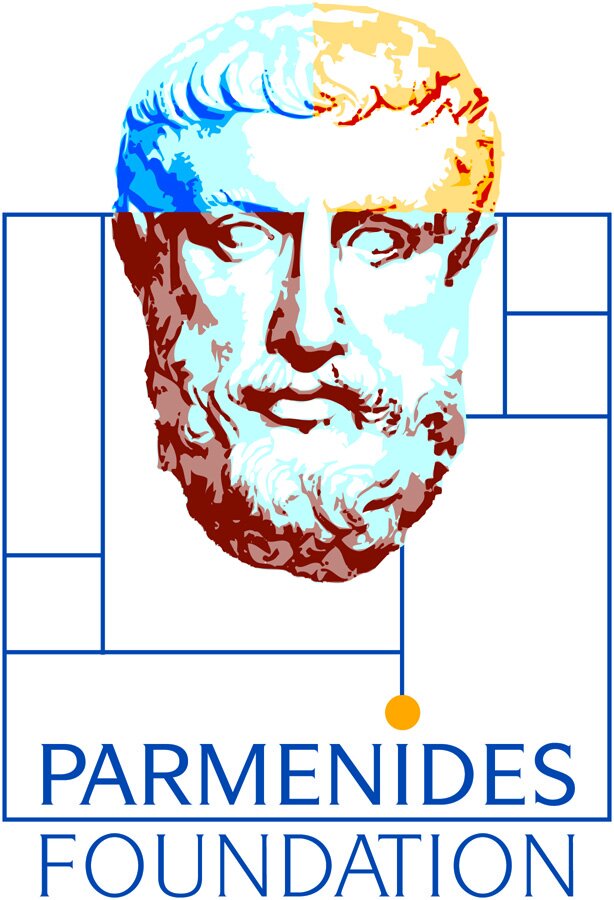The Foundation’s History
The Foundation’s Eponym
When establishing the foundation 20 years ago, our first objective was to build a world-class flying faculty and to develop a radically novel agenda for studying the foundations as well as the frontiers of human thinking. Both topics, we believe, can mutually shed valuable light on one another.
From the outset, maximum emphasis was put on bringing together all the different disciplinary perspectives that contribute to an improved understanding of the human faculty of thought.
The central points of departure in the development of our research agenda were cognitive neuroscience and philosophy. Soon after, two other fields were added: evolutionary biology, to understand the emergence of advanced thinking skills, and theoretical physics and mathematics, as examples of the frontiers of human thinking, i.e. as areas where our faculty of thought is challenged to its limits. Subsequently, further disciplines such as neuro- and computer linguistics, robotics and artificial intelligence completed the spectrum of perspectives.
The first formative, standard setting meetings and seminars were held on the Italian island of Elba. A little holiday village was sometimes rented for a period of time in spring or autumn. As the icing on the cake, an old fishing boat was transformed into a swimming conference venue – with the unforgettable late Angiolino acting as both an outstanding captain and cook.
All of these seemingly marginal features contributed to the free, cooperative and highly fruitful exchange of ideas – and to making disciplinary boundaries and “cognitive turf defense” rapidly fade away.
In 2007, the foundation moved from its original seat in the Montgelas-Palais in downtown Munich to its larger present home in an auratic old villa at the banks of the Isar in Pullach. Between 2008 and 2015 we received our first major grants.
During all these years the foundation has experienced constant growth to its present size. In 2019, the Parmenides Center for Digital Humanism was established, led by Prof. Julian Nida-Rümelin. In 2020, the Solon Center for Policy Innovation will become operative under the leadership of Adriano Mannino. In 2021/2022, a private “live” university will start teaching its global online courses. The focus of the Parmenides University will be on an MCA program (Magister Cogitationis Artium), an alternative to traditional MBA programs. It aims not to teach “recipes” but to comprehensively foster the art and science of authentic thinking.
Parmenides of Elea, who was active in the earlier part of the 5th century BC, was the first thinker in western philosophy to raise the issue of the relation between thought and reality, and to reflect on the strengths and weaknesses of human thinking in regard to attaining truth.
He did so in his only work On Nature (presumably not an original title given by the author himself). On Nature is a metaphysical and cosmological poem composed in the traditional epic medium of the hexameter verse. The poem originally encompassed perhaps 800 verses, roughly 160 of which have survived as fragments. These fragments’ survival is due entirely to the fact that later authors, beginning with Plato, felt compelled to quote part of Parmenides’ work in their own writings.
